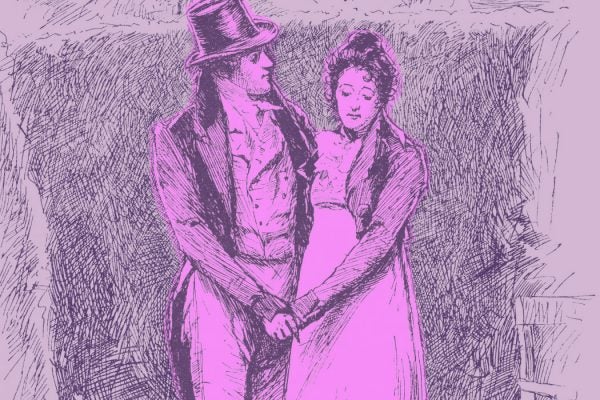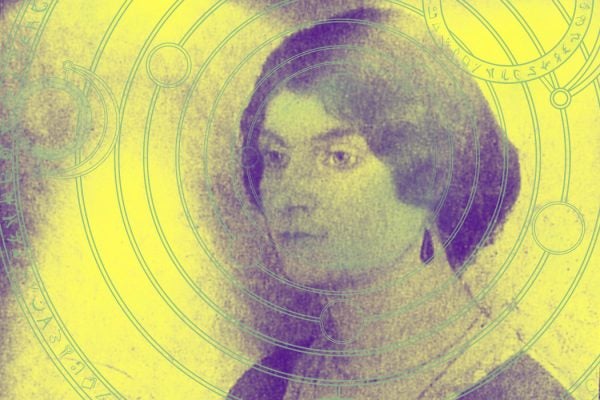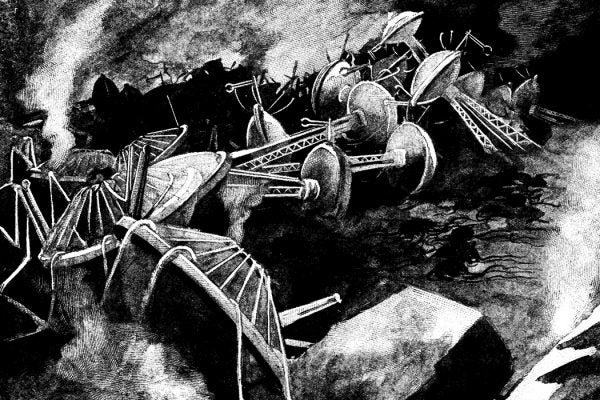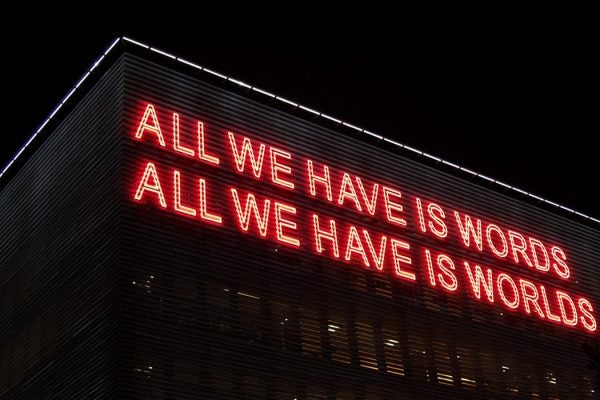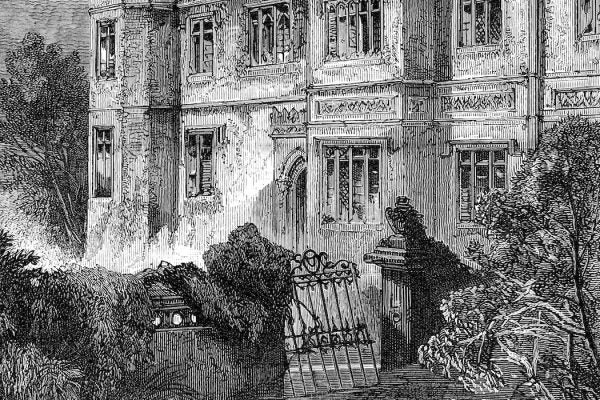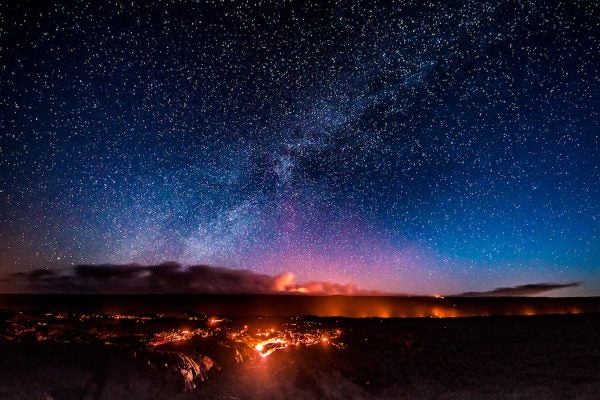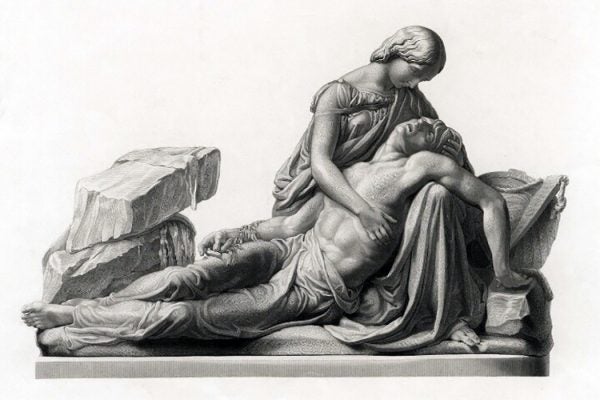Jane Austen’s Subtly Subversive Linguistics
Why are Jane Austen books still so beloved? A linguist argues it has more to do with Austen's masterful use of language than with plot.
W. B. Yeats’ Live-in “Spirit Medium”
In the Victorian era, a different kind of ghostwriting became popular—largely because it allowed men to take all the credit.
What The War of the Worlds Had to Do with Tasmania
H. G. Wells's famous science fiction novel imagines what would happen if Martians did to Great Britain what Europeans did to Tasmania.
The Secret Syndicate behind Nancy Drew
If you remember your grade-school reading log, the Nancy Drew mysteries are by Carolyn Keene. Only she never existed.
Marketing Emily Dickinson as a Children’s Poet
Some of Emily Dickinson's poems were first published in children's magazines, in what one scholar calls a "marketing ploy gone awry."
The Hidden Life of Modal Verbs
A linguist explains why we get so distracted by the fiery language of politics, while ignoring urgent information reported by scientists.
How Victorian Mansions Became the Default Haunted House
Quick: Picture a haunted house. It's probably a Victorian mansion, right? Here's how these structures became signifiers of horror, haunting, and death.
The Mysterious Mana of Speaking
The Austronesian concept of "mana" helps us understand that behind the monolithic "magic" of modern power and authority, there is a fragile human dimension.
Mary Shelley’s Obsession with the Cemetery
The author of Frankenstein always saw love and death as connected. She visited the cemetery to commune with her dead mother. And with her lover.
How Truman Capote Advanced the New Journalism
In Cold Blood changed the face of journalism. And yet years after its publication, we are still asking: how much of it was factually true?
